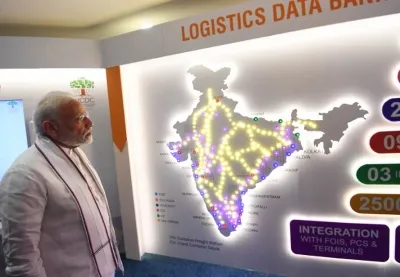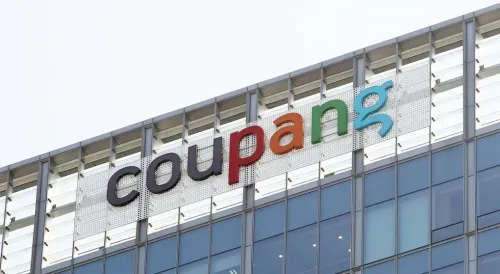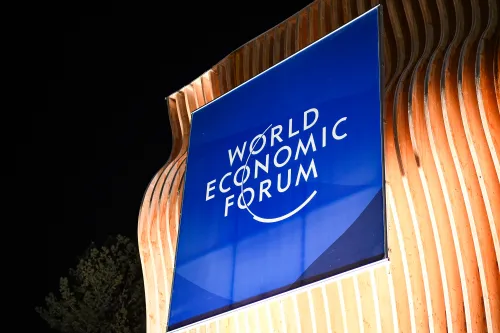What Factors Contributed to an 85% Surge in India's Transportation and Logistics Deal Value in H1 2025?

Synopsis
Key Takeaways
- Total deal value in India's logistics sector reached $609.7 million.
- 85% growth compared to H1 2024.
- Deal volumes increased from 16 to 25.
- Focus on sustainability and digital infrastructure.
- Freight rates rose up to 28% due to port congestion.
New Delhi, June 27 (NationPress) The transportation and logistics sector in India experienced remarkable growth in the first half of 2025, with the total deal value escalating to $609.7 million. This represents an impressive 85 percent increase compared to H1 2024, as detailed in a report released on Friday.
Deal volumes saw substantial growth, increasing from 16 to 25, indicating a stronger investor confidence and ongoing interest in the sector's evolution, according to the Grant Thornton Bharat report.
India's logistics industry is currently undergoing a transformative phase characterized by stable demand, changing cost structures, and a heightened focus on sustainability.
Despite challenges posed by rising freight and service costs affecting margins, the movement of inventory remains robust. The sector is making significant advancements in sustainability, with considerable investments in digital infrastructure and low-emission facilities, coupled with supportive policies aimed at reducing costs and enhancing turnaround times, the findings revealed.
The uptick in mergers and acquisitions (M&A) values during Q2 2025 was propelled by notable deals such as Delhivery’s acquisition of Ecom Express.
Private equity investors have continued to support digital-first logistics firms like SmartShift (Porter), Routematic, and Celcius Logistics, showcasing confidence in scalable, asset-light models that enhance efficiency in fragmented last-mile and intra-city deliveries, as mentioned in the report.
Meanwhile, freight rates have surged by up to 28 percent on key trans-Pacific and intra-Asia routes, primarily due to port congestion and container shortages in China. Container backlogs in East Asia have diminished availability in South Asia, compelling Indian exporters to pay premiums for guaranteed slots.
“The logistics sector is leading the way in combating climate change, with sustainability evolving from a regulatory obligation to a business necessity. Incorporating ESG-aligned logistics into corporate strategies will enhance sustainability credentials with investors, consumers, and regulators,” the report emphasized.
In the next five to seven years, approximately one-third of India’s heavy-duty truck fleet is anticipated to transition to LNG, with many private firms already beginning to implement cleaner alternatives, it added.










